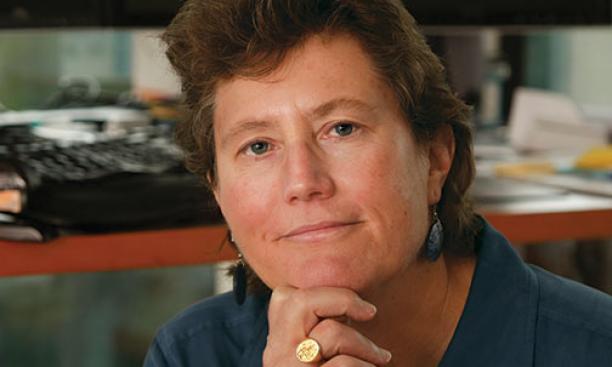

Sixty-eight years ago, Republican Sen. Arthur Vandenberg said that partisan politics should stop at the water’s edge — meaning U.S. politicians should support the president when it comes to foreign affairs — but the injunction frequently is ignored. Throughout American history, members of Congress, private-interest groups, and public opinion all have played an important role in shaping foreign policy, says professor of public affairs Helen Milner in her book Sailing the Water’s Edge: The Domestic Politics of American Foreign Policy, written with Harvard professor Dustin Tingley.

What did you learn about how presidents conduct foreign affairs?
We found that systematically, presidents are much more constrained by domestic forces when they are trying to use economic tools such as trade agreements, tariffs, and economic aid than when they use military force. The upshot is that presidents tend to use the military more because there are fewer domestic costs, relatively speaking.
Wouldn’t the costs of using military force be greater, particularly after the Iraq and Afghanistan wars?
Most presidents don’t plan to have a war go on for 11 years. They plan for the first six months. In that environment, the military tools often look less costly because the hope is that you get in, you fix the problem, and you get out. Nonmilitary approaches, such as diplomacy or sanctions, can take longer to implement and to bear fruit, which makes them less attractive. Even today, for example, I believe that if the president made the case to the American public that it was really in the national interest to send ground troops against ISIS, the troops would go.
Have these domestic influences changed over time?
The State Department has certainly grown weaker relative to the Pentagon. One of the things we suggest is creating a civilian force under the State Department’s control that is trained in nation-building. We are involved with a lot of weak states now, including Afghanistan and Somalia, where the military just can’t help us anymore. We need to be able to deploy people who know how to build water systems, schools, and political parties.
Is President Barack Obama more willing than his predecessors to use these nonmilitary tools?
Obama has used them to some degree — for example, in negotiating the nuclear treaty with Iran or reopening the American embassy in Cuba. But notice how much domestic resistance he has gotten in a sphere — foreign policy — where presidents are supposed to be very powerful.
Has increased political partisanship influenced foreign policy?
Our foreign policy often doesn’t look bipartisan, but in some areas it is. Obama had to rely on Republicans to get his trade deals through Congress, for example. Partisanship is a constant part of American politics. The president always has to deal with it, but it tends to come more into play when he tries to use economic instruments.
Sometimes it seems that Congress abdicates its responsibility to check presidential power.
Congress will get involved, especially in areas such as immigration, trade, and foreign-aid allocation. It’s on the military side that Congress has been much more ambivalent. It sometimes looks as though Congress has abdicated its responsibility until a disaster has occurred, and then we are mired in Iraq and don’t know what to do.
Interview conducted and condensed by M.F.B.
